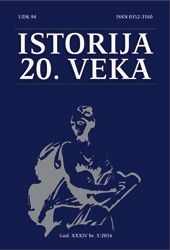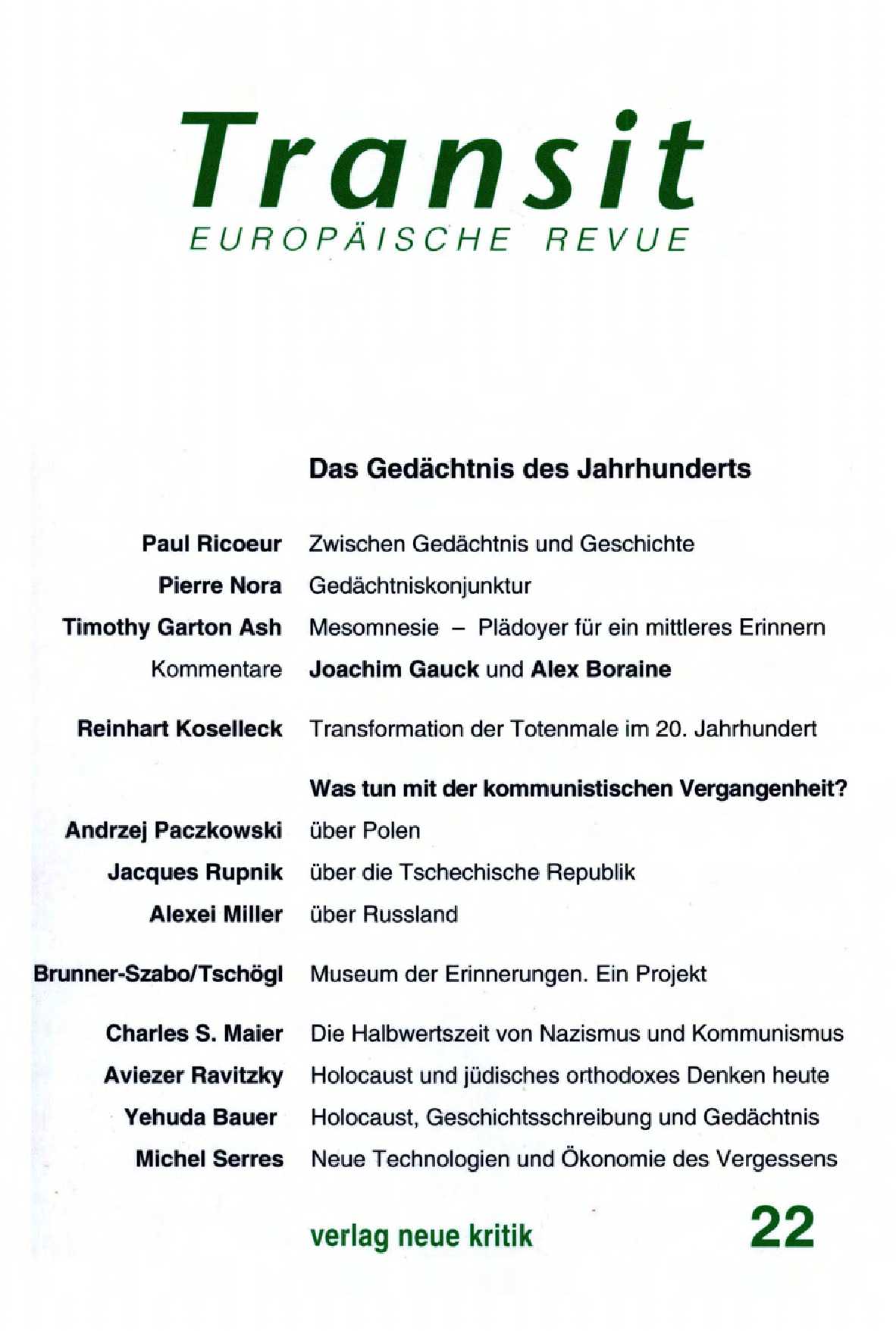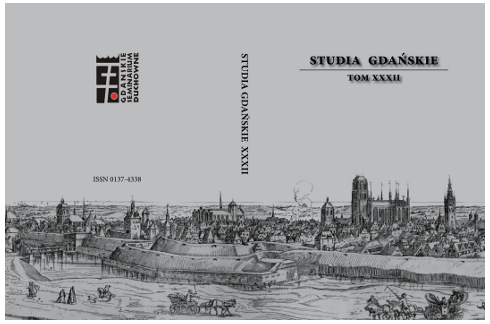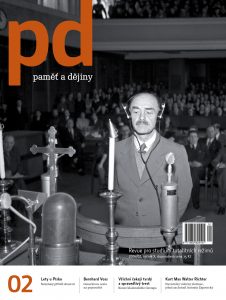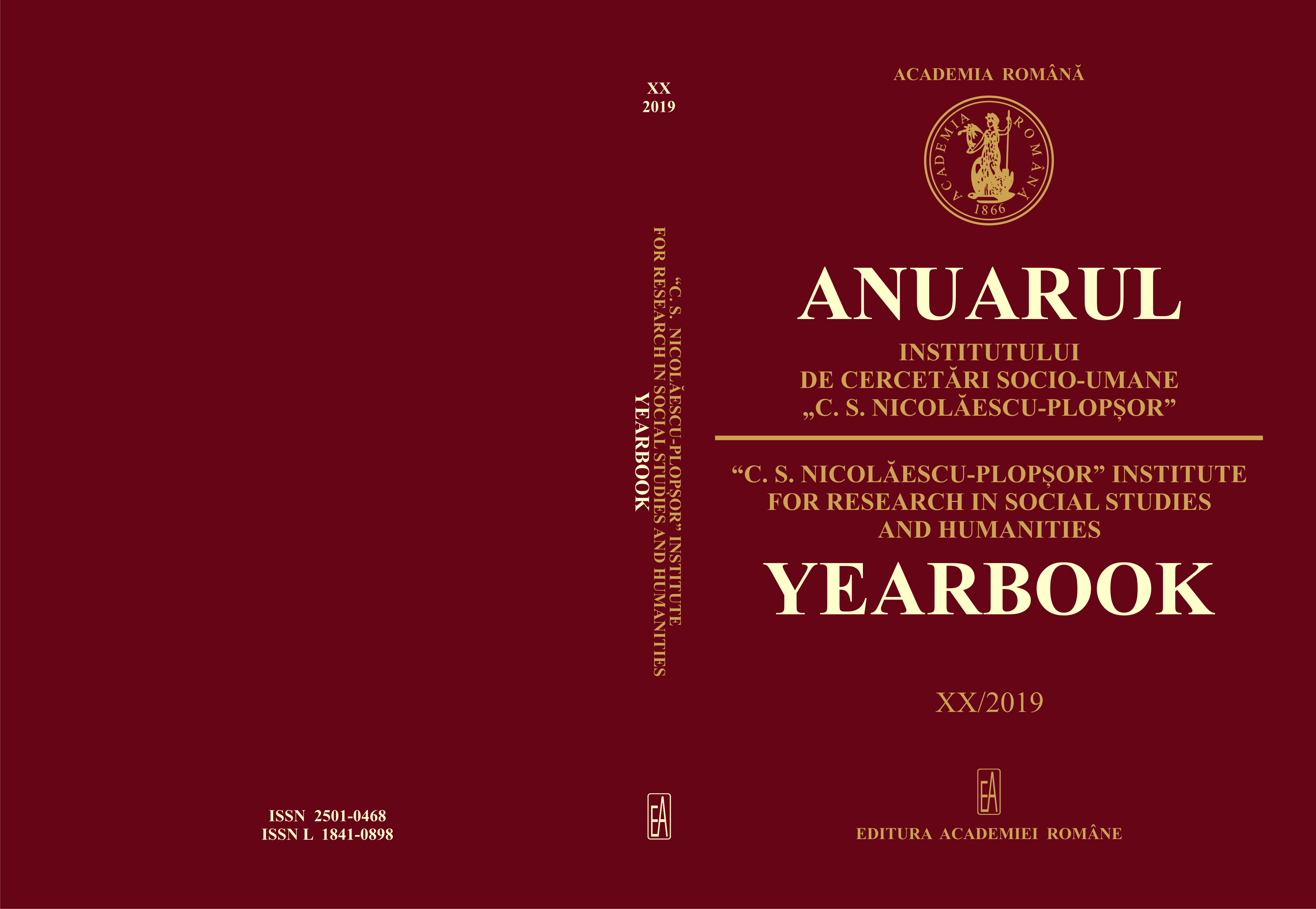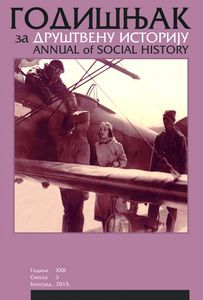
О идејама и књигама
Ivan Simić Društvena istorija u fokusu XXIII Kirschenbaum, Lisa A. International Communism and the Spanish Civil War: Solidarity and Suspicion. New York, NY: Cambridge University Press, 2015. Fitzpatrick, Sheila. On Stalin’s Team: The Years of Living Dangerously in Soviet Politics. Princeton: Princeton University Press, 2015. Lovell, Stephen. Russia in the Microphone Age: A History of Soviet Radio, 1919-1970. Oxford: Oxford University Press, 2015. Pate, Alice K. Workers and Unity: A Study of Social Democracy, St. Petersburg Metalworkers, and the Labor Movement in Late Imperial Russia, 1906-14. Bloomington, Indiana: Slavica Publishers, 2015. Babiracki, Patryk. Soviet Soft Power in Poland: Culture and the Making of Stalin’s New Empire, 1943- 1957. Chapel Hill: The University of North Carolina Press, 2015. Slobodan Mandić Bibliografija Prikaza sajtova (Web adresar) u Godišnjaku za društvenu istoriju od god. 12 do 21 (2005–2015)
More...
